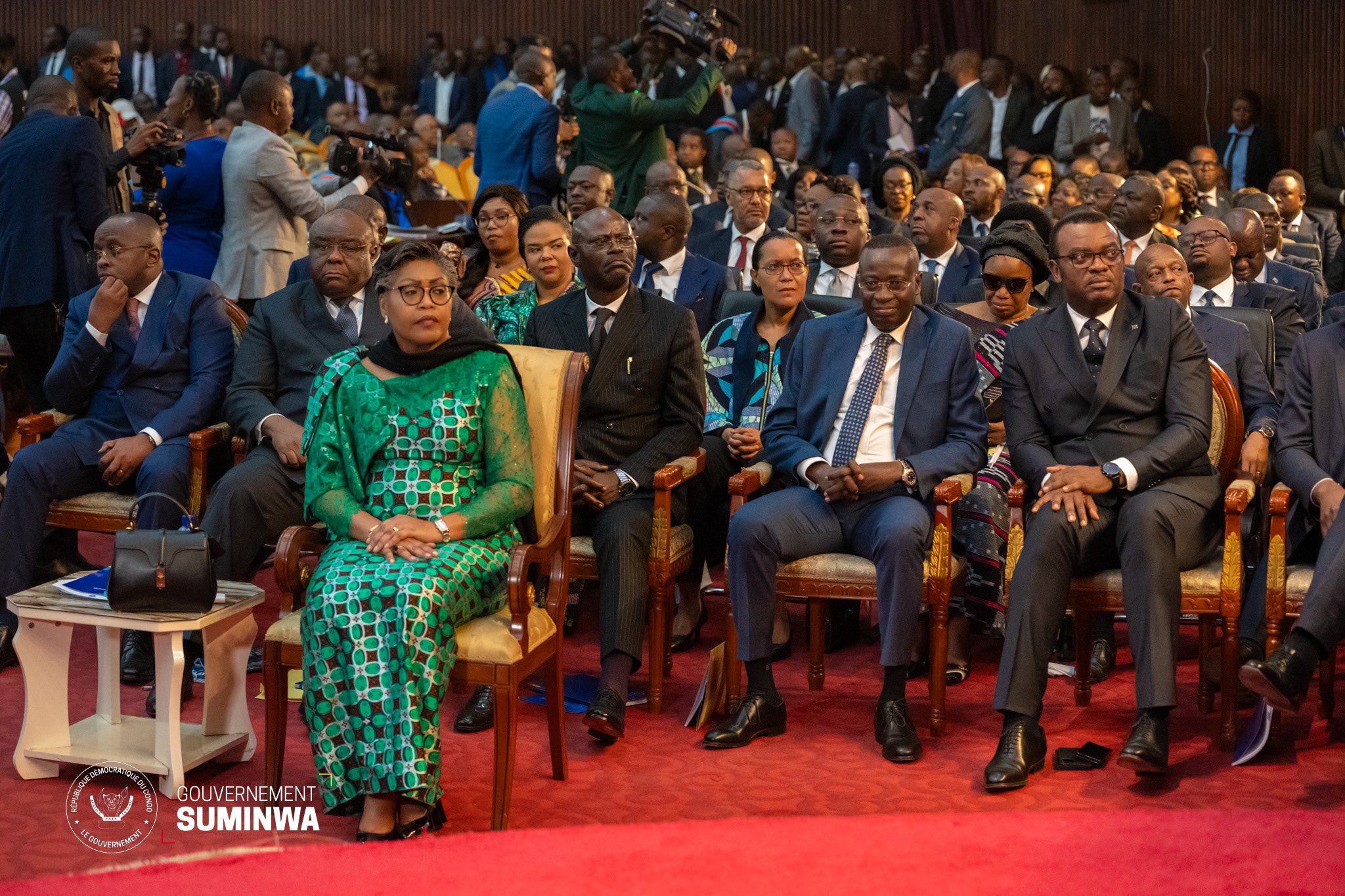Fatshimetrie: An In-Depth Analysis of the Evaluation of Government Members by President Félix Tshisekedi
During the last meeting of the Council of Ministers, President Félix Tshisekedi had mentioned the launch of an evaluation process for members of his government. This initiative marks an important step in the governance of the country and has generated many reactions among the Congolese population.
The evaluation of government members is an essential step to ensure transparency, accountability and the effectiveness of public action. Indeed, it is crucial for a government to regularly evaluate the performance of its ministers in order to ensure that the objectives set are achieved and that public policies are implemented efficiently.
At this meeting, Prime Minister Judith Suminwa presented an evaluation tool based on the President’s guidelines, thus making it possible to closely monitor presidential directives and measure progress made in the implementation of government policies. This tool should make it possible to draw up a comprehensive assessment of the actions taken, the results obtained and any obstacles encountered.
President Tshisekedi’s commitment to good governance and accountability is commendable. Indeed, by establishing a transparent and rigorous evaluation process, he demonstrates his willingness to fight corruption, nepotism and incompetence within the government apparatus. This approach should also help to strengthen citizens’ trust in institutions and ensure better management of public affairs.
It is crucial that this evaluation be conducted in an objective and impartial manner, with a focus on the results and the concrete impact of the actions of ministers on the daily lives of the Congolese. Citizens have the right to know how their political representatives are fulfilling their functions and what measures are being taken to improve governance and the well-being of the population.
In conclusion, the evaluation of government members by President Félix Tshisekedi is a crucial step in the consolidation of democracy and the rule of law in the Democratic Republic of Congo. This approach should contribute to strengthening the accountability of leaders, improving the management of public affairs and meeting the legitimate expectations of citizens in terms of transparency and good governance. It is to be hoped that this evaluation will be conducted in a rigorous and impartial manner, in the best interests of the country and its people.

